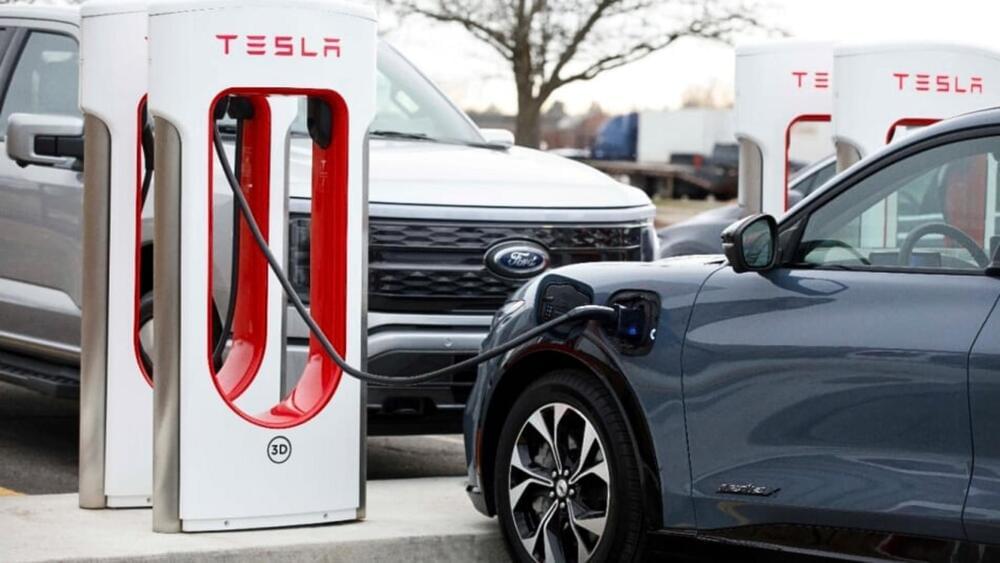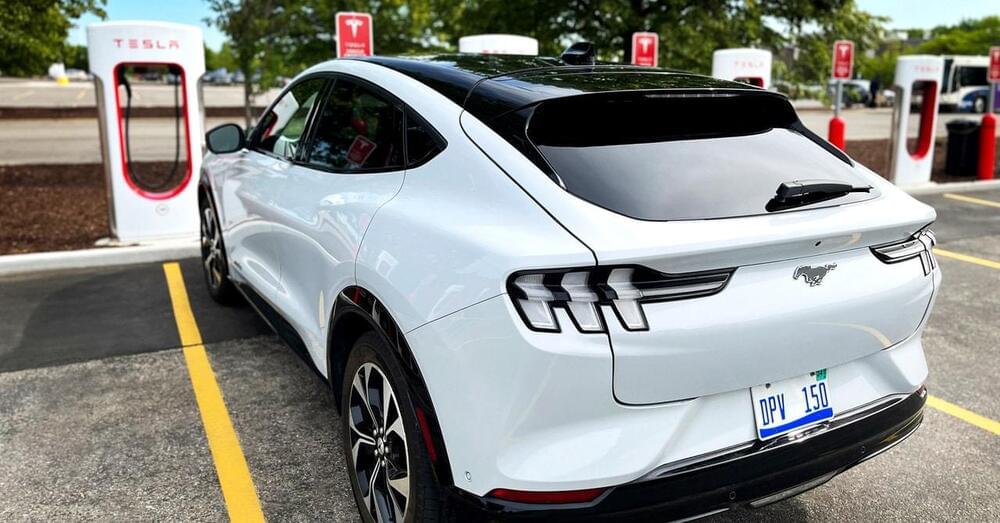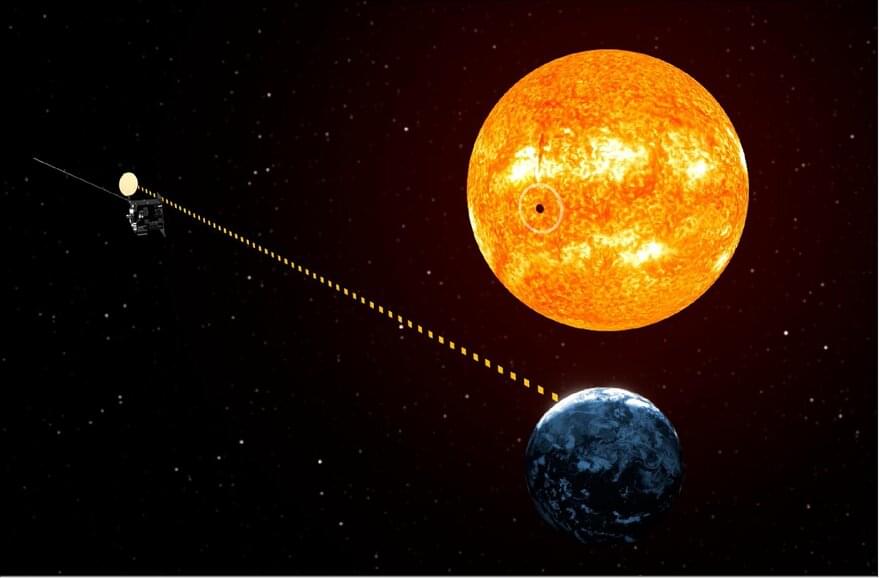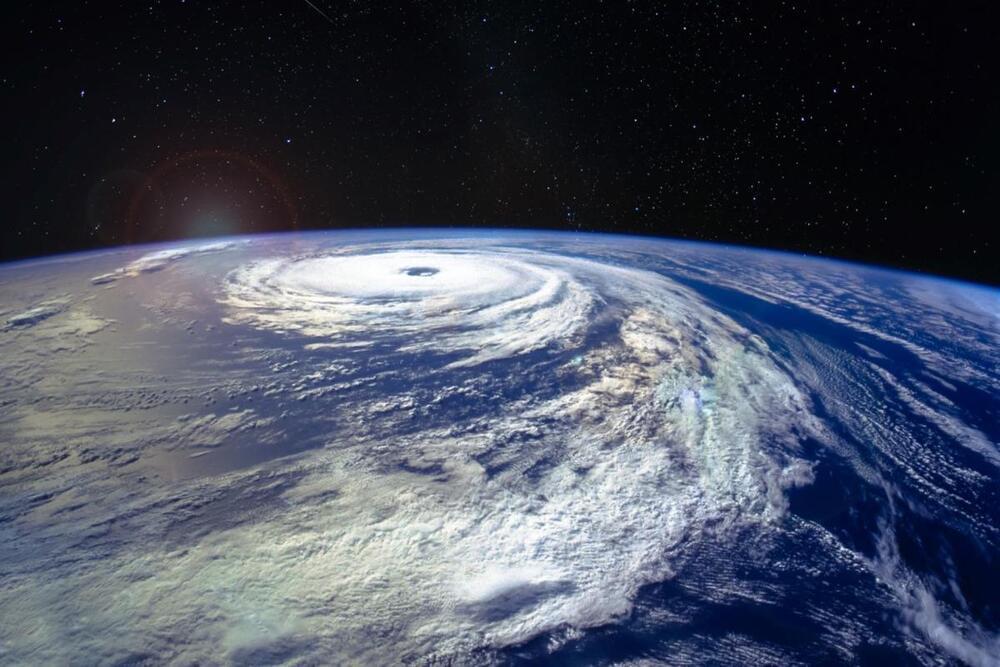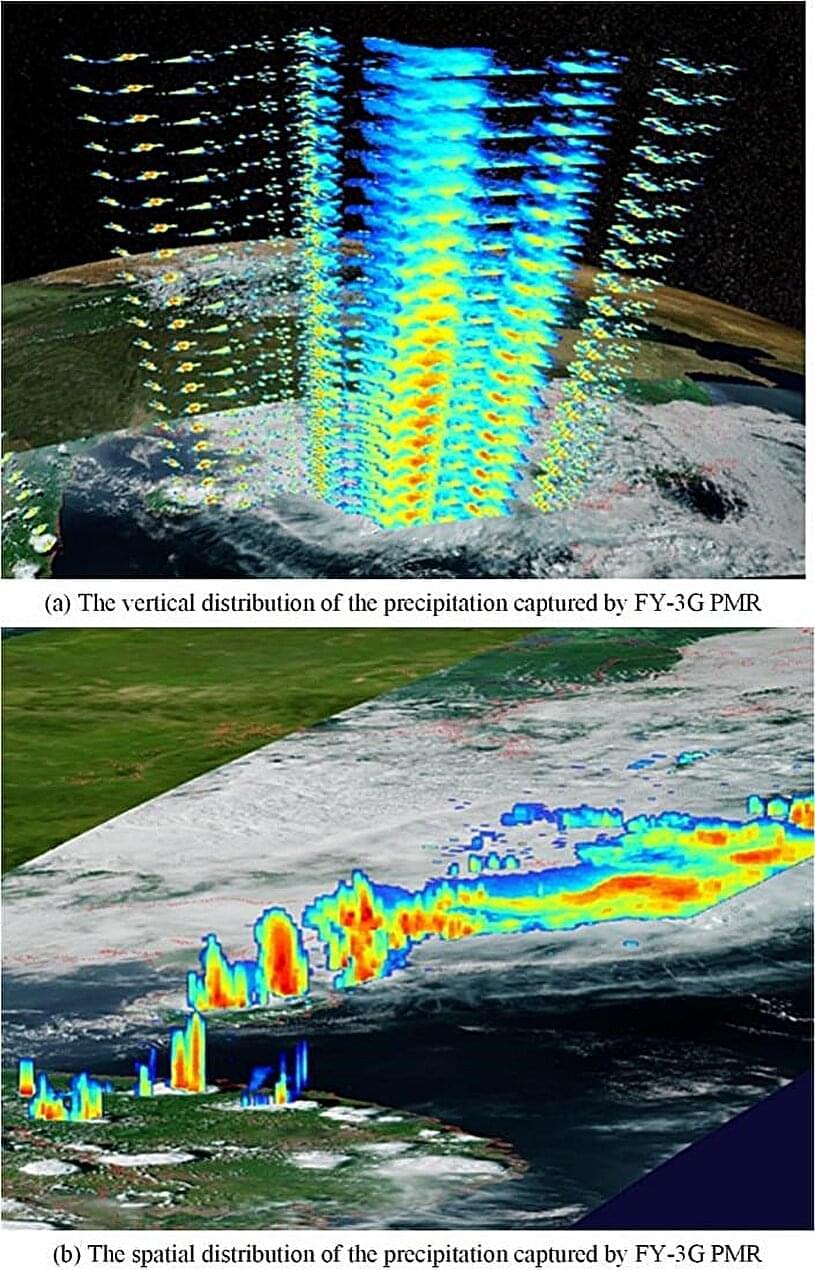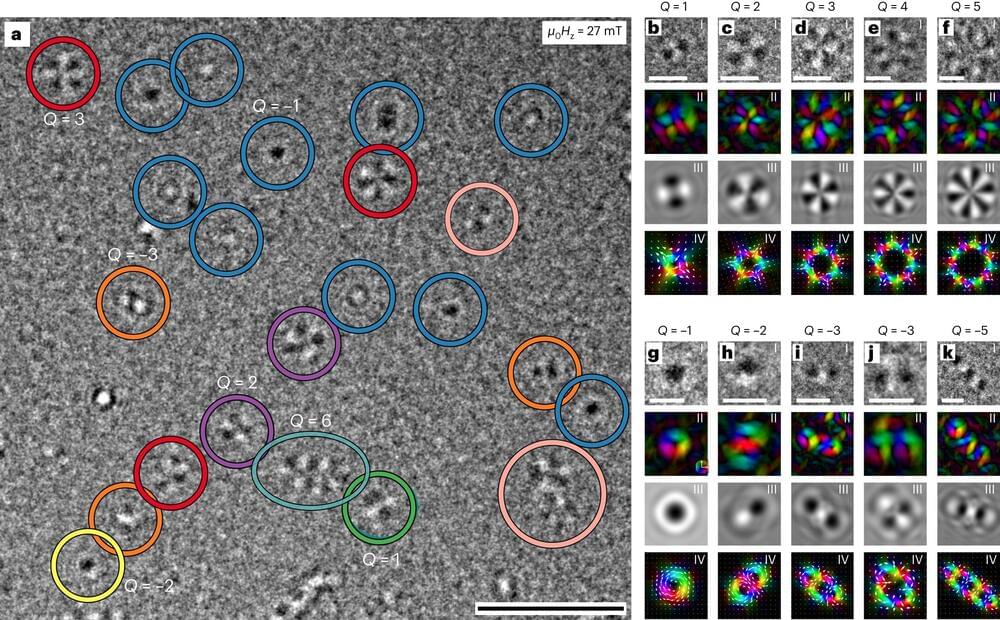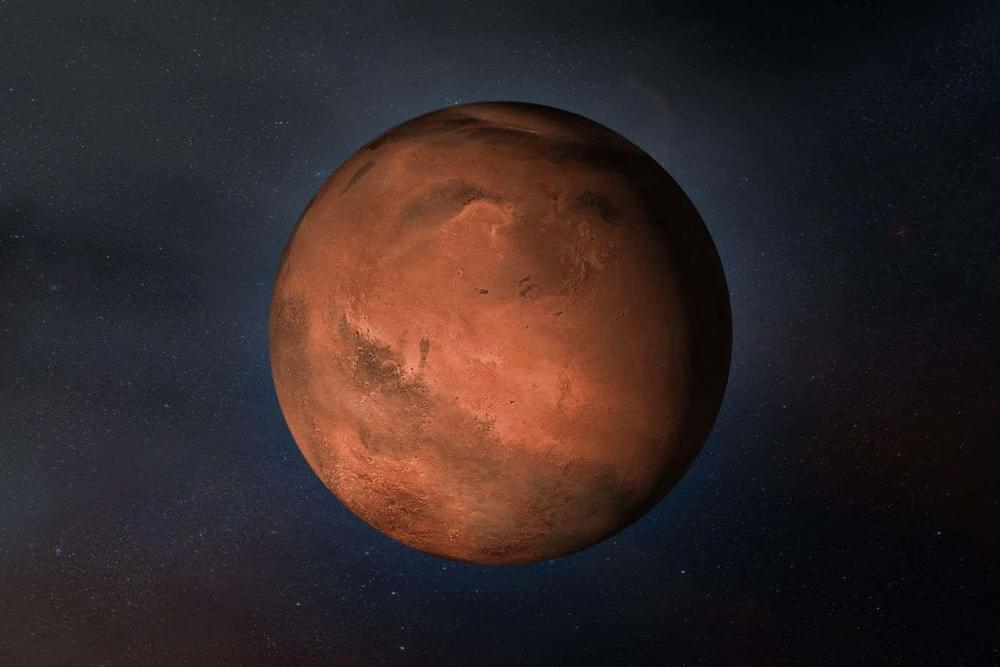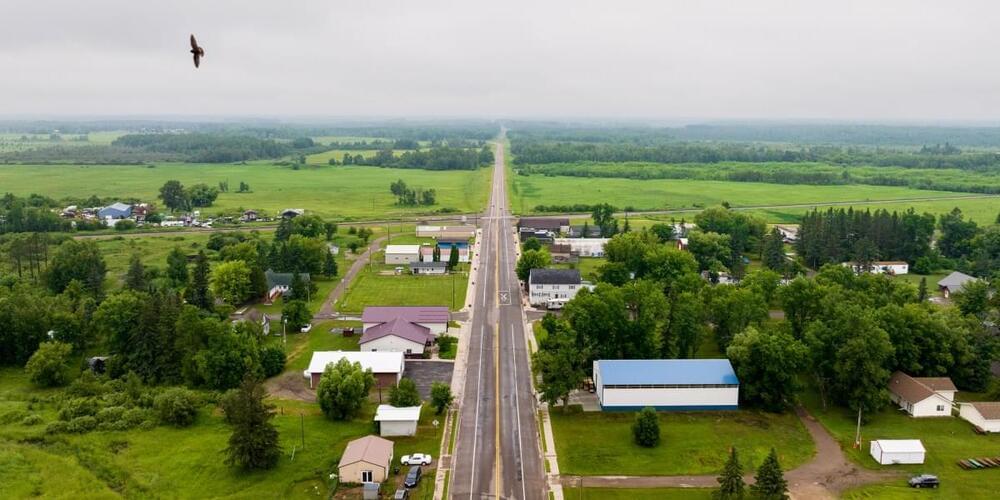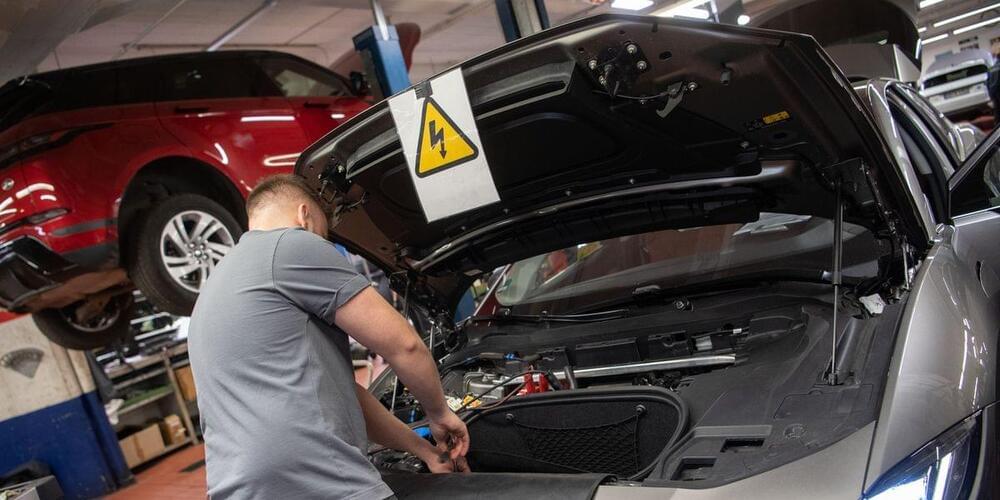In May of last year, Ford CEO Jim Farley made a surprise announcement during an online event co-hosted by Tesla’s Elon Musk: the Blue Oval would adopt the Tesla-developed North American Charging Standard (NACS) port. Starting this spring, that unlikely pairing will become a reality, with Ford’s EVs (F-150 Lightning trucks, Mustang Mach-E SUVs, and E-Transit vehicles) plugging in to the Supercharger network.
Farley promised a fast charging adapter for its EV customers in the U.S. and Canada, and he indicated online this week that they’ll be available to order soon. The Ford boss didn’t nail down a date, promising more details are imminent.
“When we announced Ford EVs would get access to Tesla Superchargers, I said we’d send customers a Fast Charging Adapter. I’m pleased to confirm that eligible Mustang Mach-E & F-150 Lightning owners in the U.S. + Canada can reserve a complimentary adapter starting soon,” Farley says via X, formerly Twitter.
